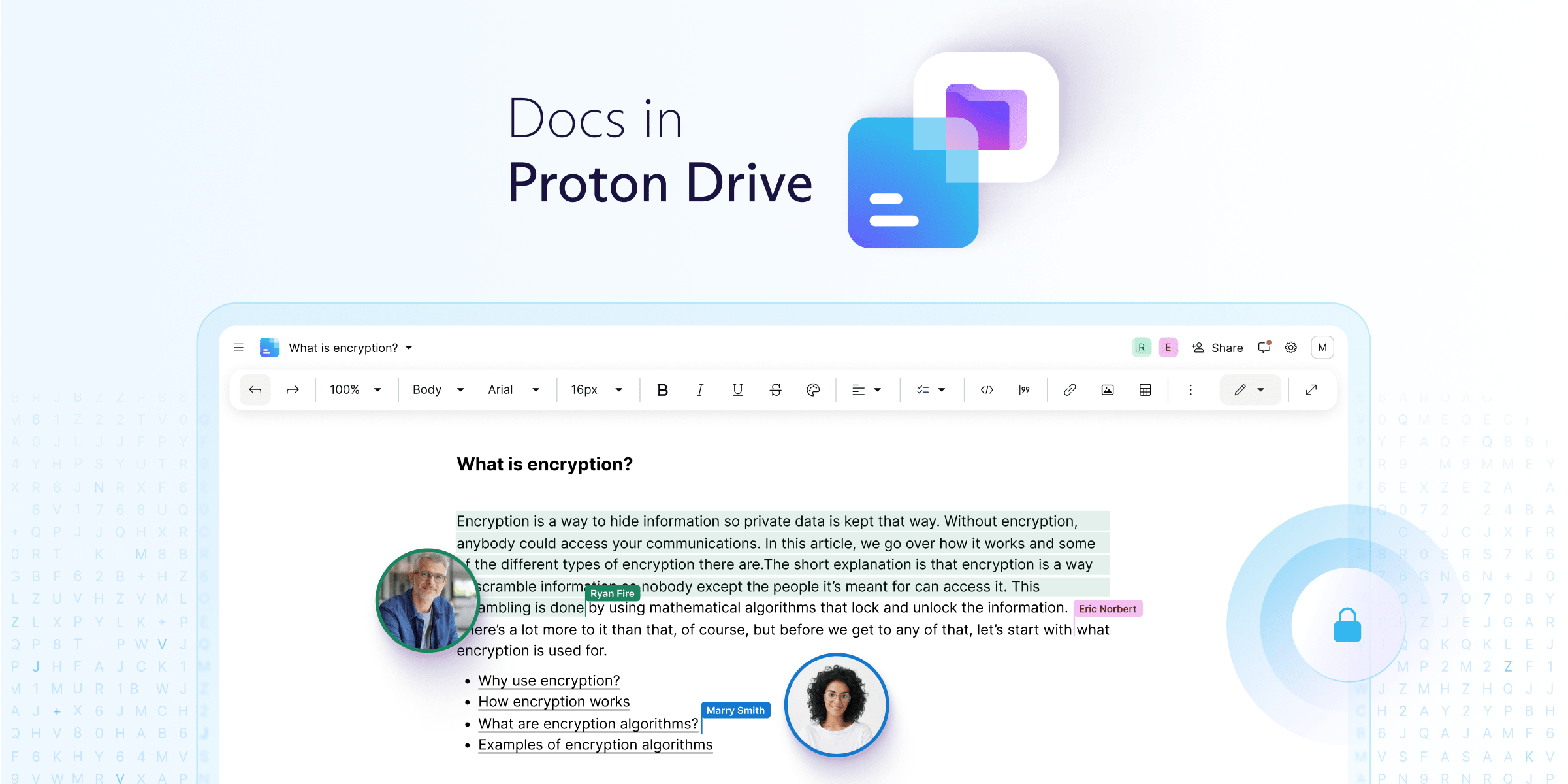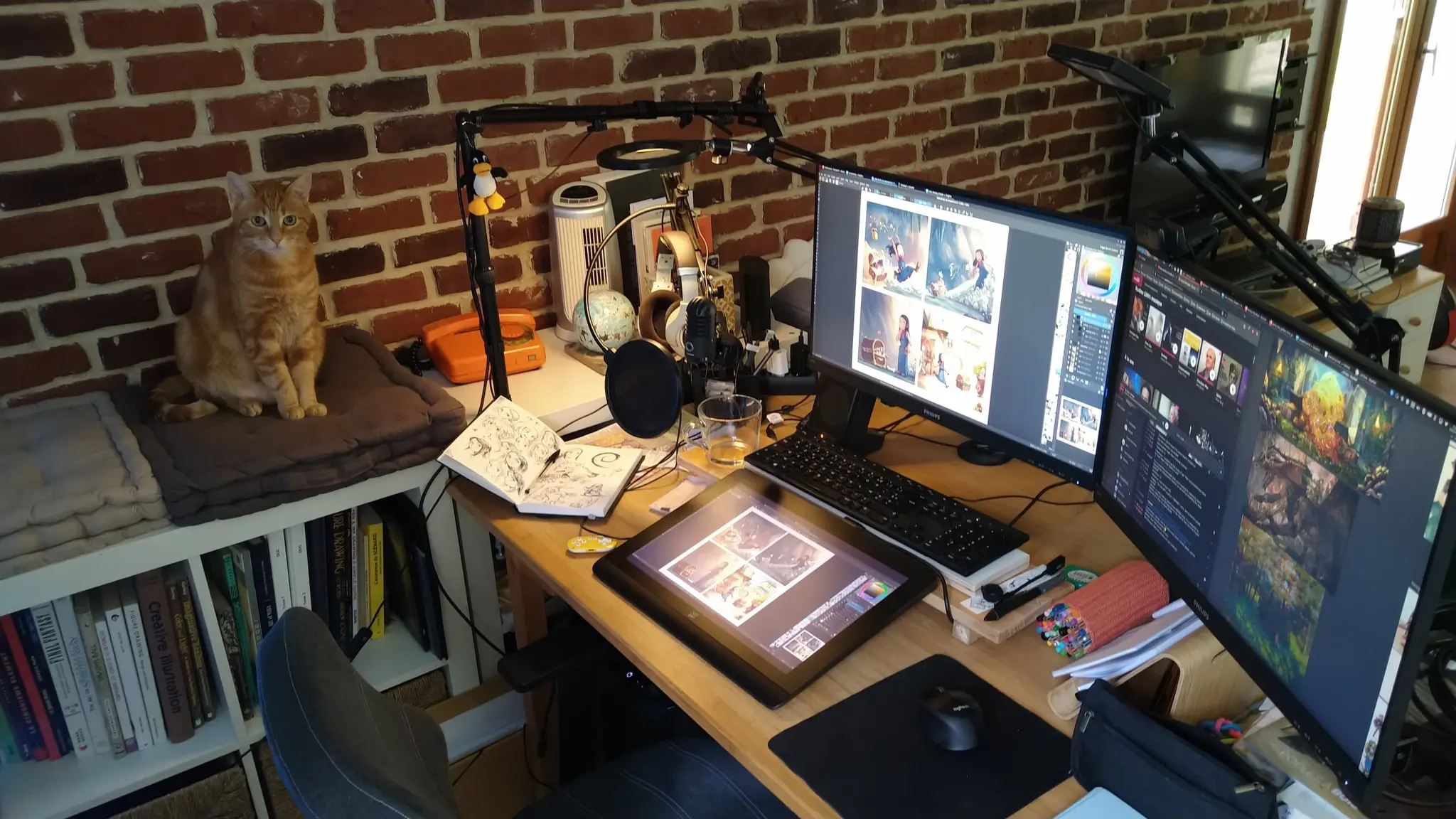

Yes, of course they could. Generating an image fingerprint is not all that computationally expensive by today’s standards.
Is it unique enough to track you? It doesn’t have to be, since online tracking generally keys off of a set of data, rather than a single item. But just for the sake of argument, consider that services like tineye and google images have pretty good success at matching images even with no additional data.
Is it (or will it eventually be) worthwhile for data collectors? You would have to ask them.














This is a good idea, as it might eventually lead to policies or laws that would reduce the spam.
I wouldn’t get my hopes up for resolution any time soon, though. Keep in mind that some of the biggest influence campaigns targeting US politics are run by foreign parties, and bulk text messages are cheap and consequence-free. Sadly, stopping it might require changing your phone number.